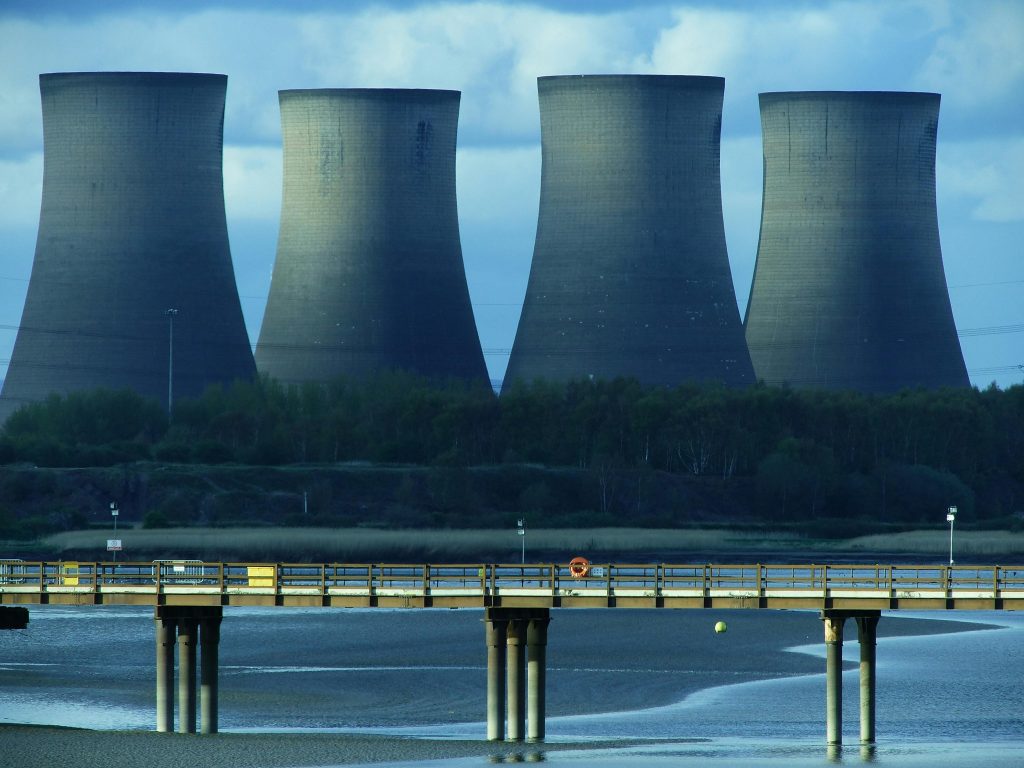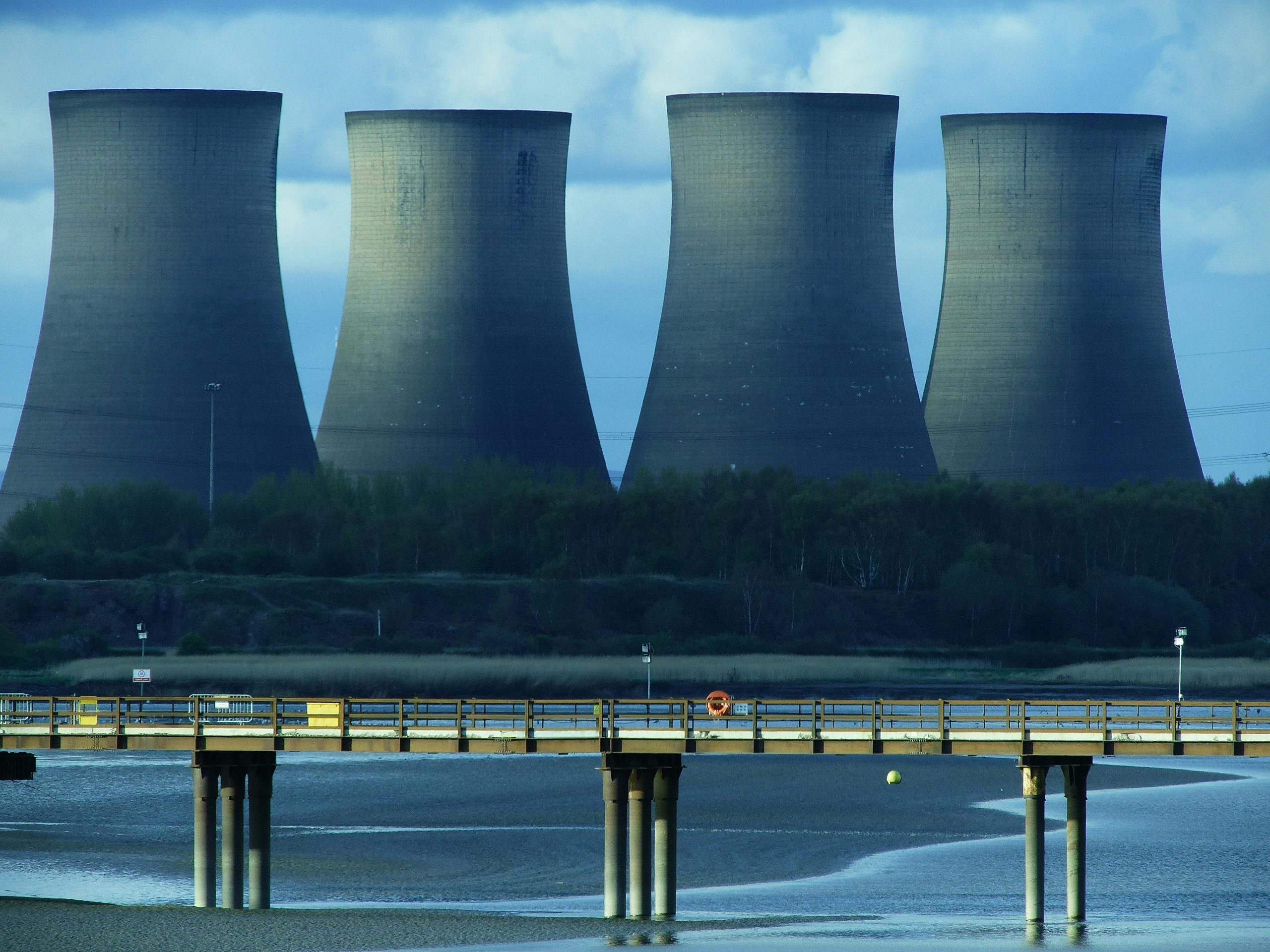
Industrial processes are the backbone of modern manufacturing operations, but they are often associated with significant energy needs and environmental burdens. In this context, industrial heat pumps have established themselves as an innovative and efficient solution to improve both the energy efficiency and sustainability of industrial processes.
What are industrial heat pumps?
An industrial heat pump is an advanced system that can extract heat from a low-temperature source and upgrade it to a level suitable for industrial processes. This process uses compression technology and thermodynamic cycles to move and increase heat. Instead of generating energy, as in traditional heating systems, a heat pump makes efficient use of existing heat sources, such as ambient air, water or soil.
Benefits of industrial heat pumps
Industrial heat pumps offer a range of benefits for companies seeking improved efficiency, cost savings and sustainability in their industrial processes. By using advanced technologies and innovative approaches, industrial heat pumps can provide significant benefits, including:
Energy efficiency and cost savings:
Industrial processes often require significant amounts of heat, traditionally provided by burning fossil fuels. This results in high energy costs and a significant carbon footprint. However, industrial heat pumps offer an alternative that provides significant energy savings. By extracting heat from low-grade sources, such as ambient air or water, and upgrading it to higher temperatures suitable for industrial processes, heat pumps can dramatically reduce operating costs. Although the initial investment to install industrial heat pumps can be high, these costs are often quickly recouped through the significant long-term savings in energy consumption.
Sustainability and environmental performance:
One of the most critical aspects of modern industrial operations is sustainability. Industrial processes often contribute significantly to greenhouse gas and other harmful emissions. By switching to industrial heat pumps, companies can reduce their carbon footprint and contribute to the fight against climate change. Because heat pumps use renewable heat sources and efficient technologies, they reduce dependence on fossil fuels and contribute to a cleaner, more sustainable future.
Process optimization and quality improvement:
Industrial heat pumps not only provide an environmentally friendly and cost-effective way to deliver heat to industrial processes, but they can also improve the efficiency and quality of these processes. By precisely controlling the temperature and amount of heat delivered, heat pumps can optimize production processes, increase product quality and improve operational reliability. This can lead to increased productivity, reduced product downtime and improved customer satisfaction.
Application of industrial heat pumps
Industrial heat pumps find application in a wide range of industries, including food processing, chemical manufacturing, paper and pulp manufacturing, textile manufacturing and more. Some of the most common applications include:
- Process heating: providing heat for various manufacturing processes, such as drying, sterilization, distillation and more.
- Climate control: controlling temperature and humidity in production environments to ensure optimal working conditions.
- Heat recovery: utilizing waste heat from industrial processes for heating applications, including improving a facility’s overall energy efficiency.
Conclusion In the rapidly evolving world of industrial production and sustainability, industrial heat pumps play and increasingly prominent role. As a pioneer in this type of solution, J.O.A. Air Solutions offers advanced heat pump systems that not only meet today’s industry needs, but also aim for the future. With J.O.A. Air Solutions on your side, you can count on advanced technologies and customized solutions that transform your industrial processes and take your business to new heights.











